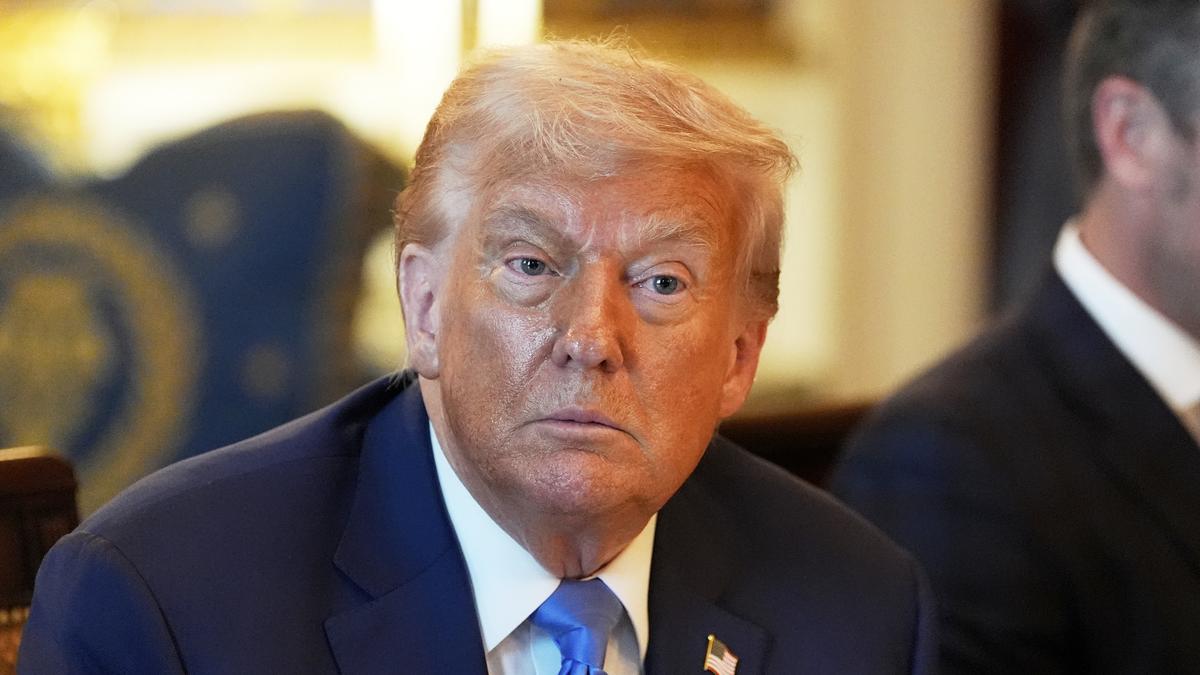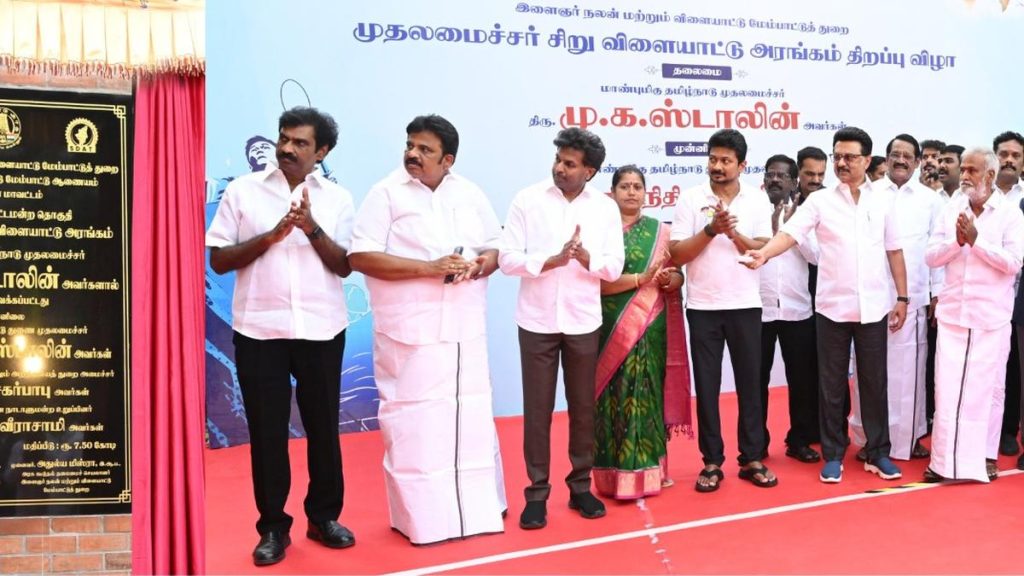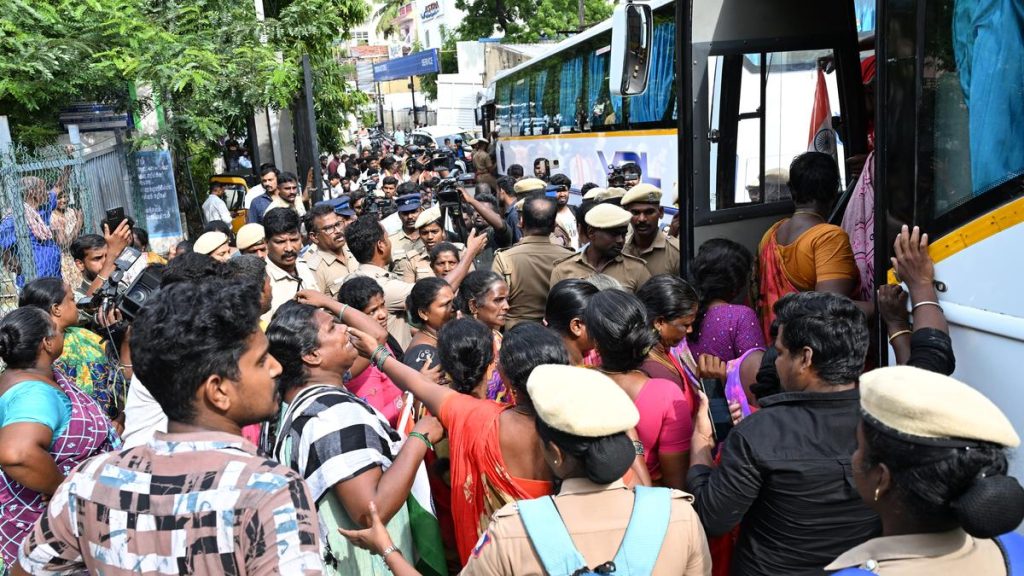Now Reading: Congress Questions Nobel Peace Prize Picks After Trump Nomination by Pakistan, Israel
-
01
Congress Questions Nobel Peace Prize Picks After Trump Nomination by Pakistan, Israel
Congress Questions Nobel Peace Prize Picks After Trump Nomination by Pakistan, Israel

Rapid Summary
- Key Event: Pakistan adn Israel have nominated U.S. President donald Trump for the Nobel Peace Prize for 2025.
- Reason for Nomination (Pakistan): Trump’s efforts during a recent India-Pakistan conflict, according too a letter of recommendation by Pakistan’s Deputy Prime Minister and Foreign Minister Ishaq Dar.
- Reason for nomination (israel): Israeli Prime Minister Benjamin Netanyahu cited Trump’s role in “forging peace.”
- Congress Reaction: Congress leader Jairam Ramesh commented on past controversial Nobel Peace Prize choices and notable omissions over the century.
– Mahatma Gandhi was nominated 12 times between 1937-1948, with nine nominations from non-Indians but never awarded.
– Jawaharlal Nehru was nominated 13 times from 1950-1961, with most nominations coming from outside India.
- Notes on Process: Full details of Nobel Prize nominations are revealed only after a mandatory period of 50 years.
Indian Opinion Analysis
The nomination of President Donald Trump by Pakistan and Israel highlights the subjective nature of nobel Peace Prize recommendations, often reflecting political motivations rather than universal consensus. In India’s context, this development may be viewed through its indirect link to Trump’s perceived influence during conflicts involving India and Pakistan-a narrative that could gain visibility internationally irrespective of merit.
Reflecting on historical instances, gandhi’s repeated exclusion remains one of the most debated omissions in Nobel history, underscoring potential biases within global recognition frameworks. While individual nominations do not guarantee awards or validate contributions universally, India’s prominent figures like Nehru remind us that national pride often extends beyond global validations.
Moves like these can provoke differing opinions domestically regarding international diplomacy narratives tied with conflicts affecting south Asia directly or indirectly. From an Indian perspective, today’s news also underscores how peacemaking claims can become tools to bolster ideological alignments globally.

























